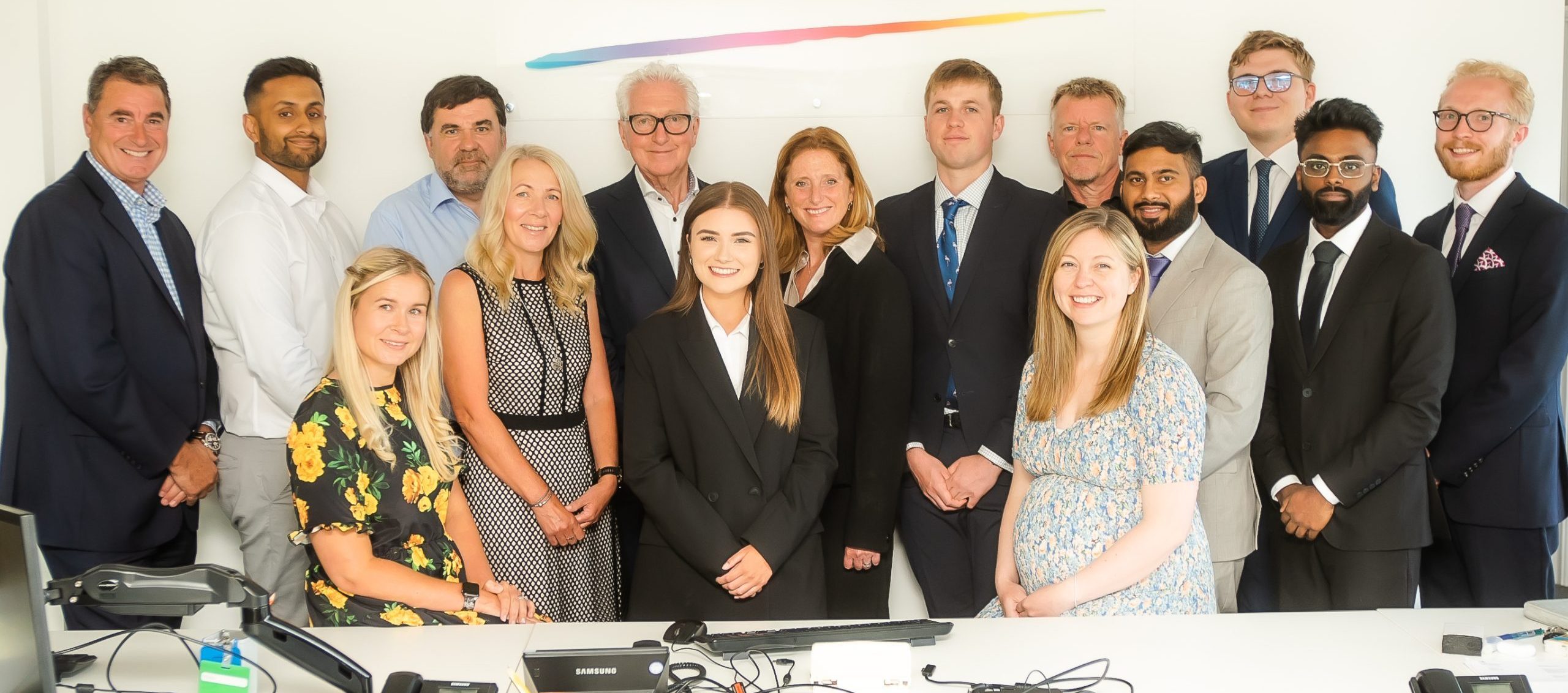Fiscale win legal victory for tax fairness for SMEs against HMRC!
Read more...Being very responsive and hard working is what makes Fiscale a great choice!
Very knowledgeable service
Fiscale guided us through the whole process, they were extremely helpful and explained everything. I would have no hesitation in recommending Fiscale.
